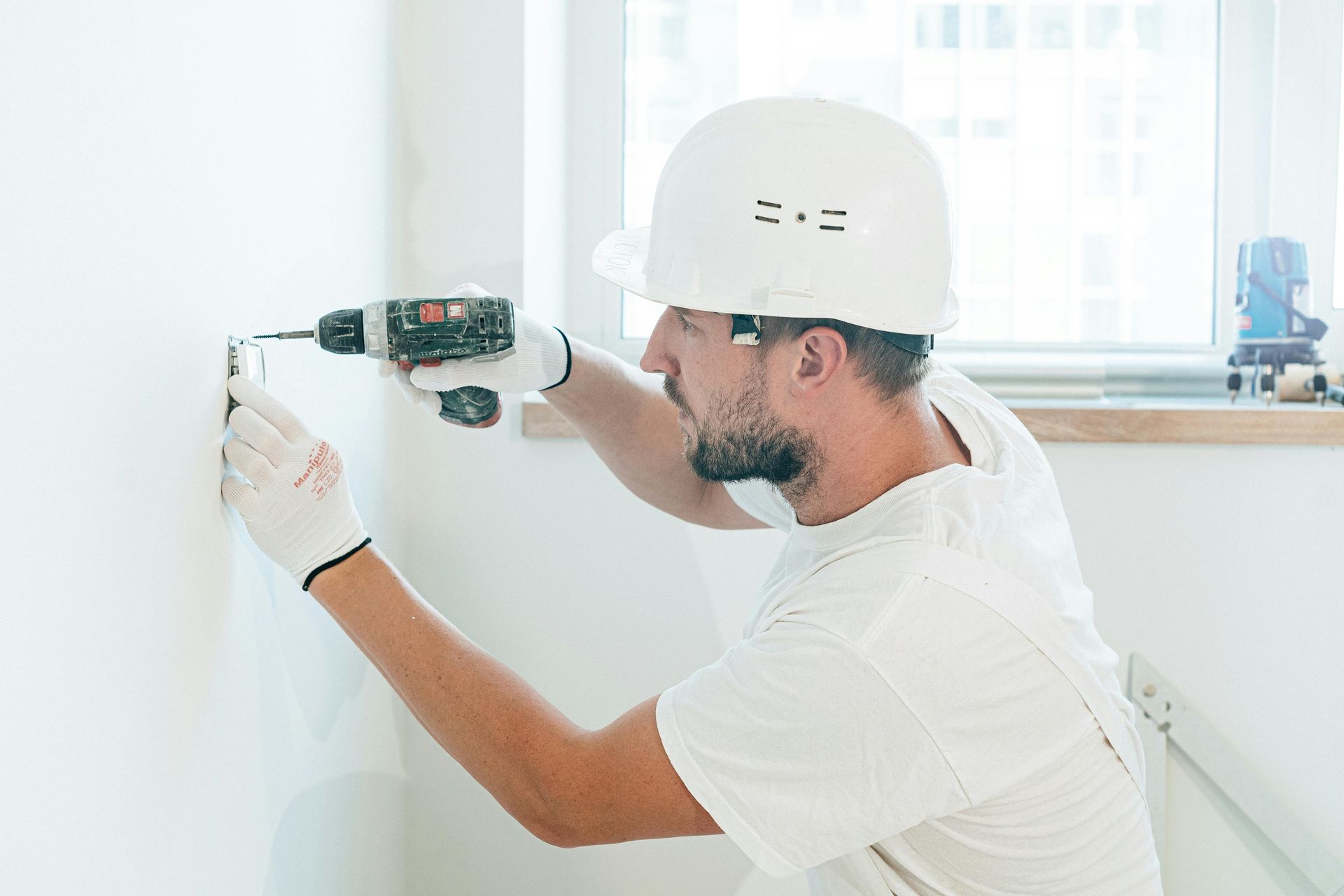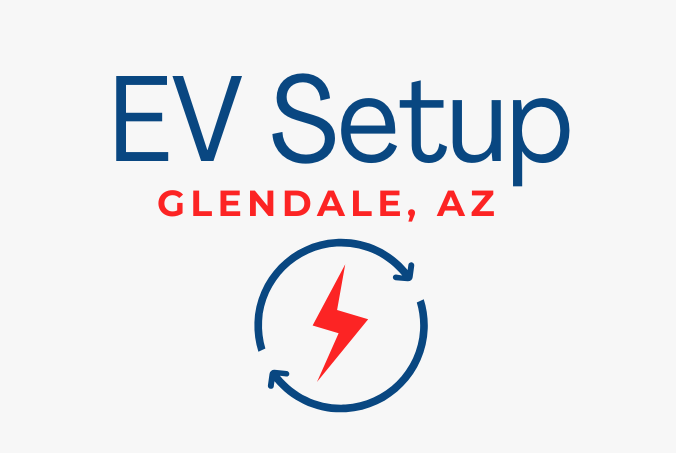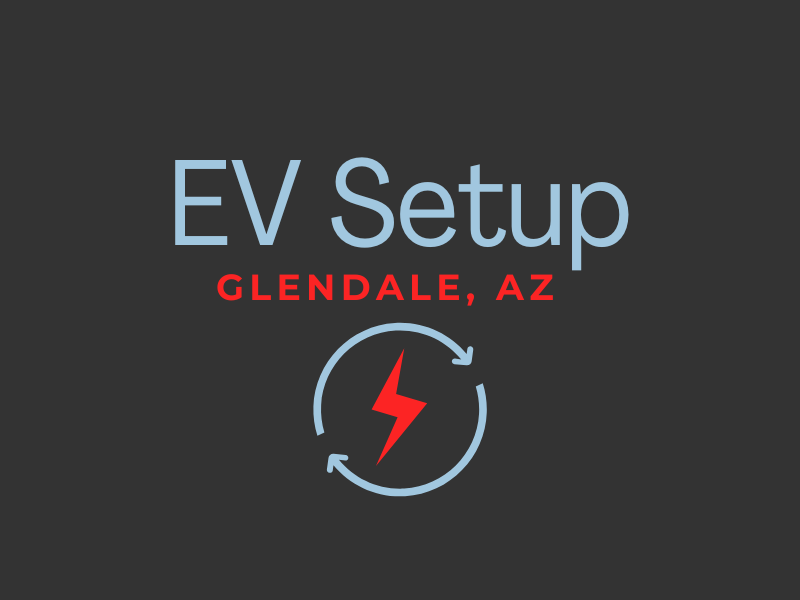What safety precautions should I take when installing an EV charger
Based on the search results, here are key safety precautions to take when installing an EV charger:

Hire a Licensed Electrician
Always use a certified, experienced electrician for installation. This ensures compliance with safety standards and regulations.
Use Certified Equipment
- Purchase a certified charging system from a reputable brand.
- Check for national testing and safety accreditations on the product.
Install Proper Safety Devices
- Install a Residual Current Device (RCD) or Earth Ground Fault Device.
- These devices can quickly cut power if they detect faults, preventing electrocution and fires.
Ensure Adequate Electrical Capacity
- Have an electrician assess if your home's electrical system can handle the EV charger's load.
- Upgrade outdated wiring if necessary to support higher voltages.
Install a Dedicated Circuit
- Use a dedicated fuse board or circuit for the EV charger.
- This separates the high-powered charging point from other household circuits.
Follow Manufacturer Guidelines
- Adhere to the specific recommendations for your EV model and charger.
- This includes using the correct type of charger and following charging duration guidelines.
Regular Inspections
- Conduct regular visual inspections of the charging equipment.
- Check for signs of wear, damage, or fraying in cables and plugs.
Proper Placement
- Install the charger in a well-ventilated area.
- Keep it out of reach of children and away from water sources.
Obtain Proper Certification
- Ensure you receive a compliance certificate after installation.
- This is often required for insurance and may be mandatory in some areas.
Consider Future Needs
- Plan for potential increases in electrical demand when installing.
- This might involve upgrading to a higher-capacity panel or installing a subpanel.
By following these precautions, you can significantly reduce the risks associated with EV charger installation and ensure a safe charging environment for your electric vehicle.

